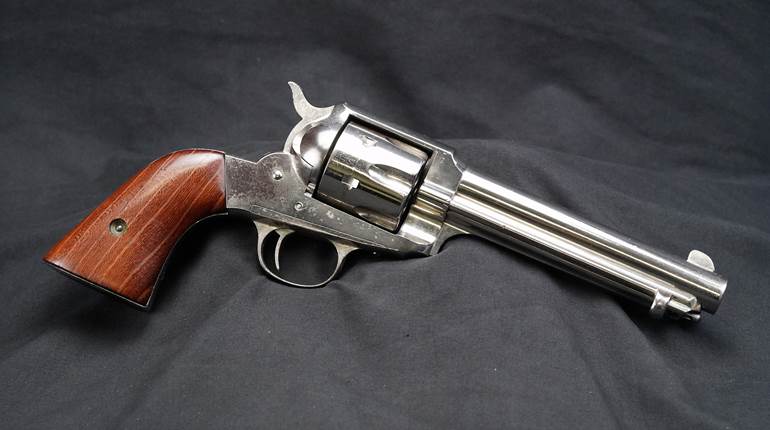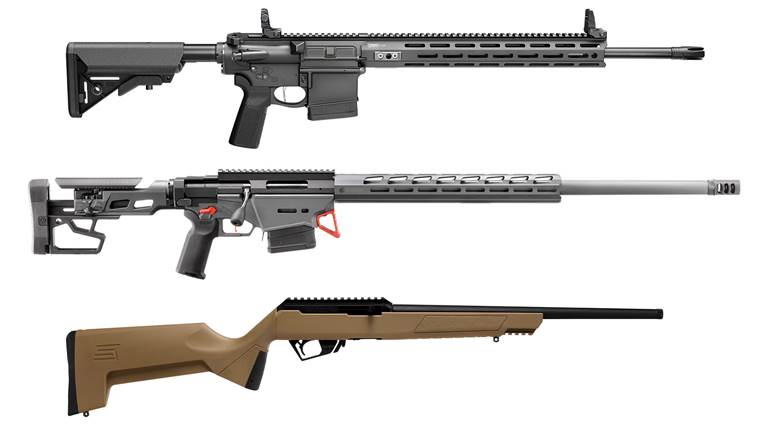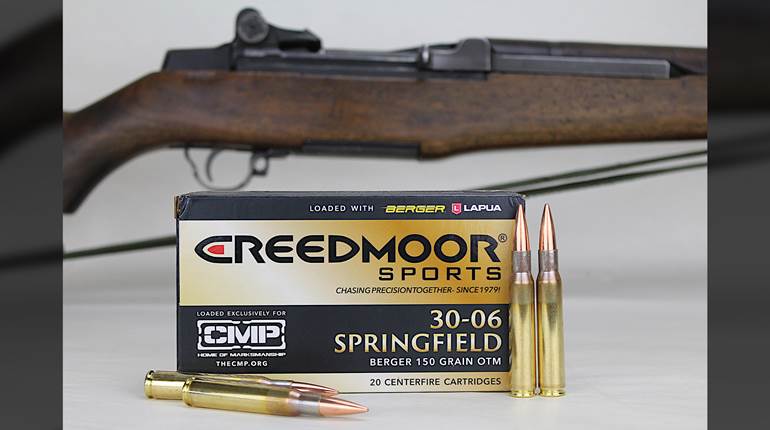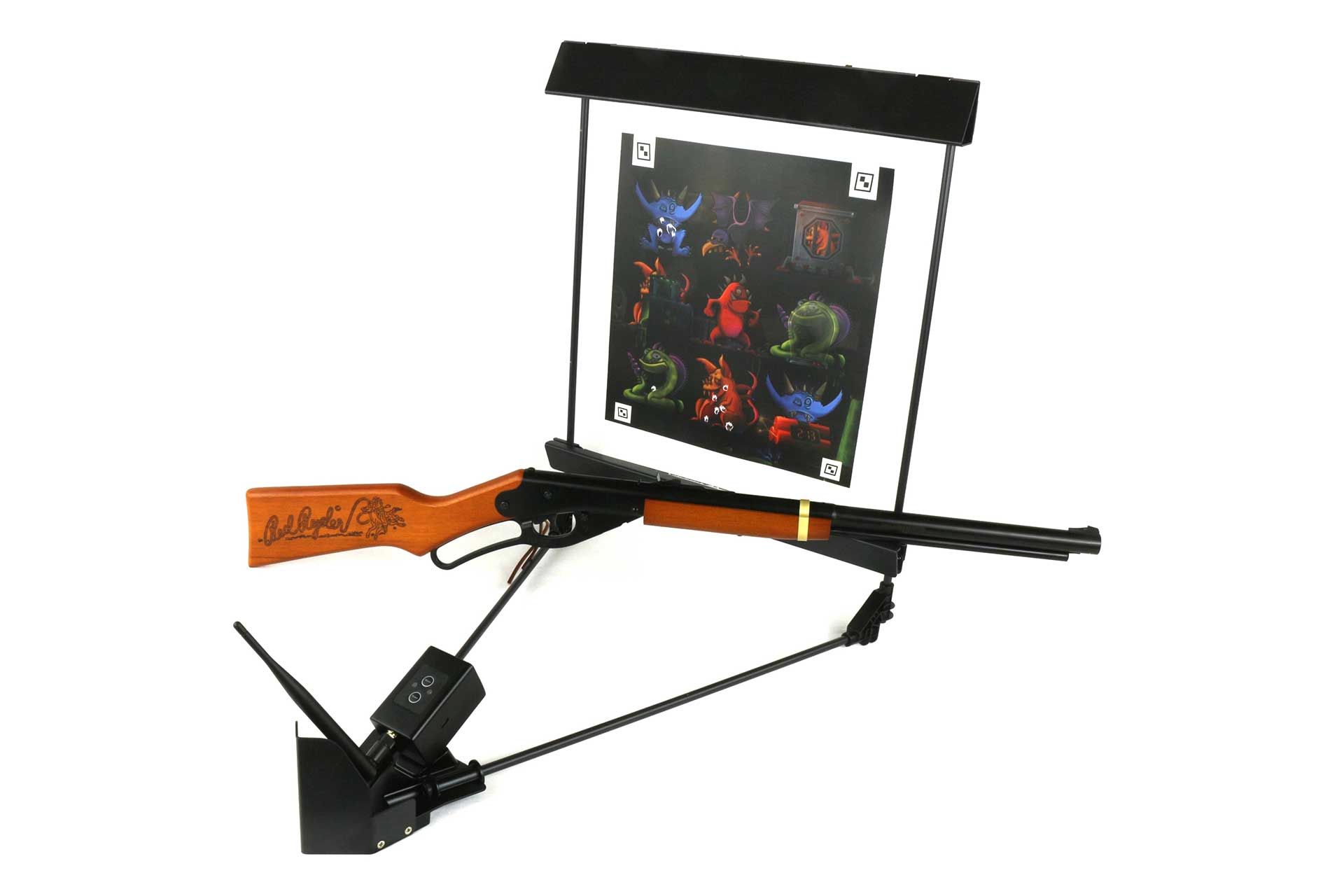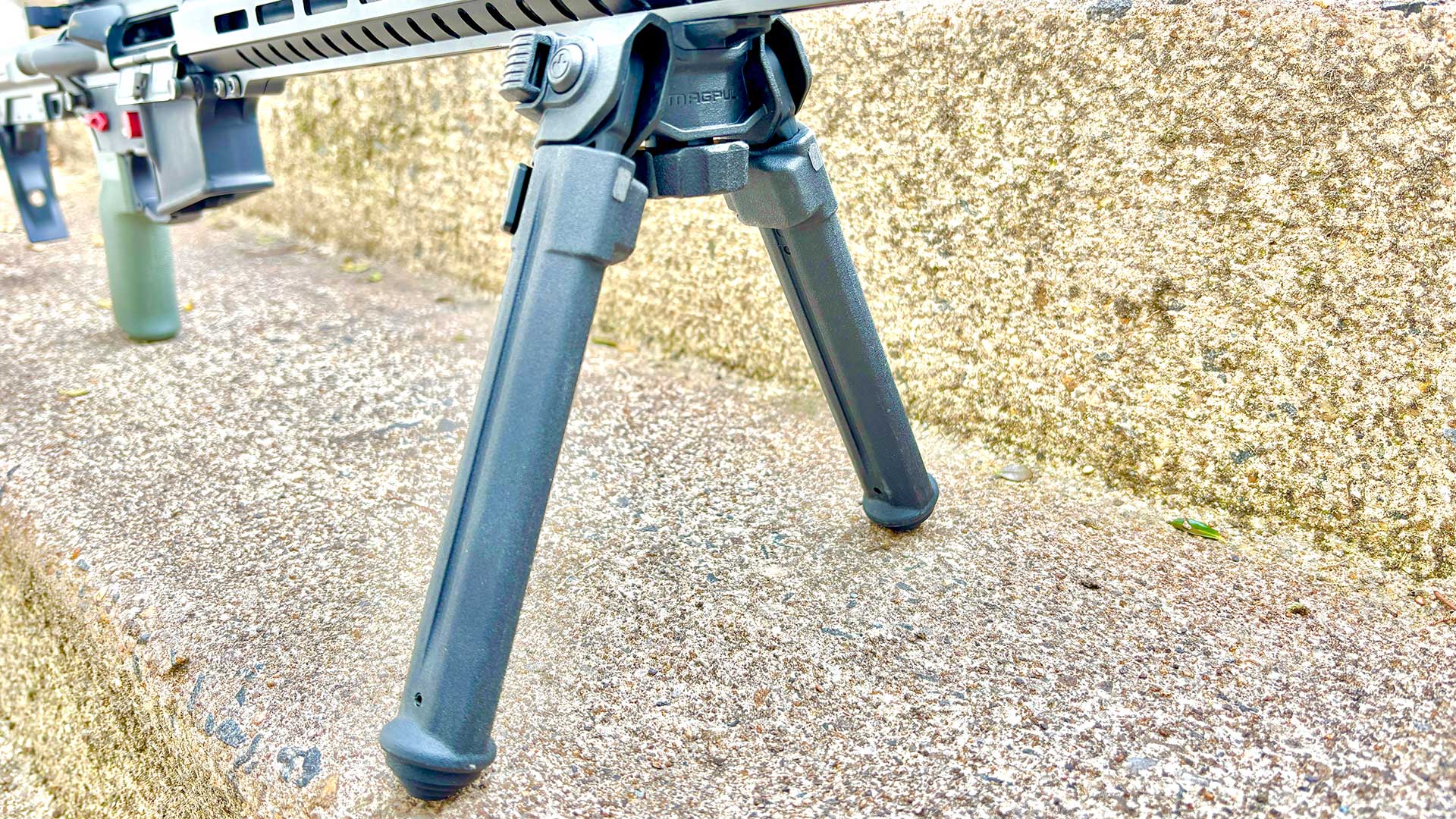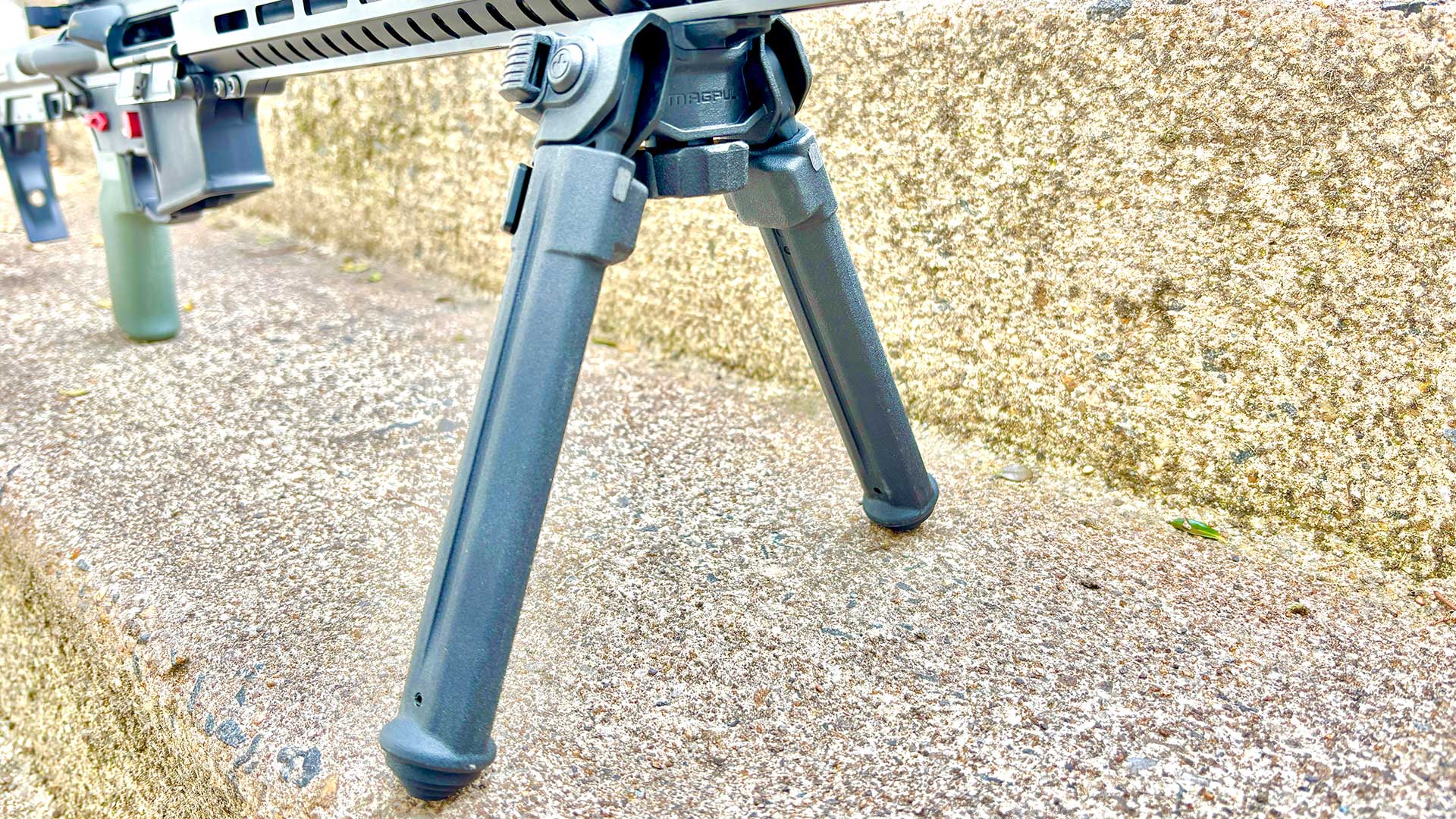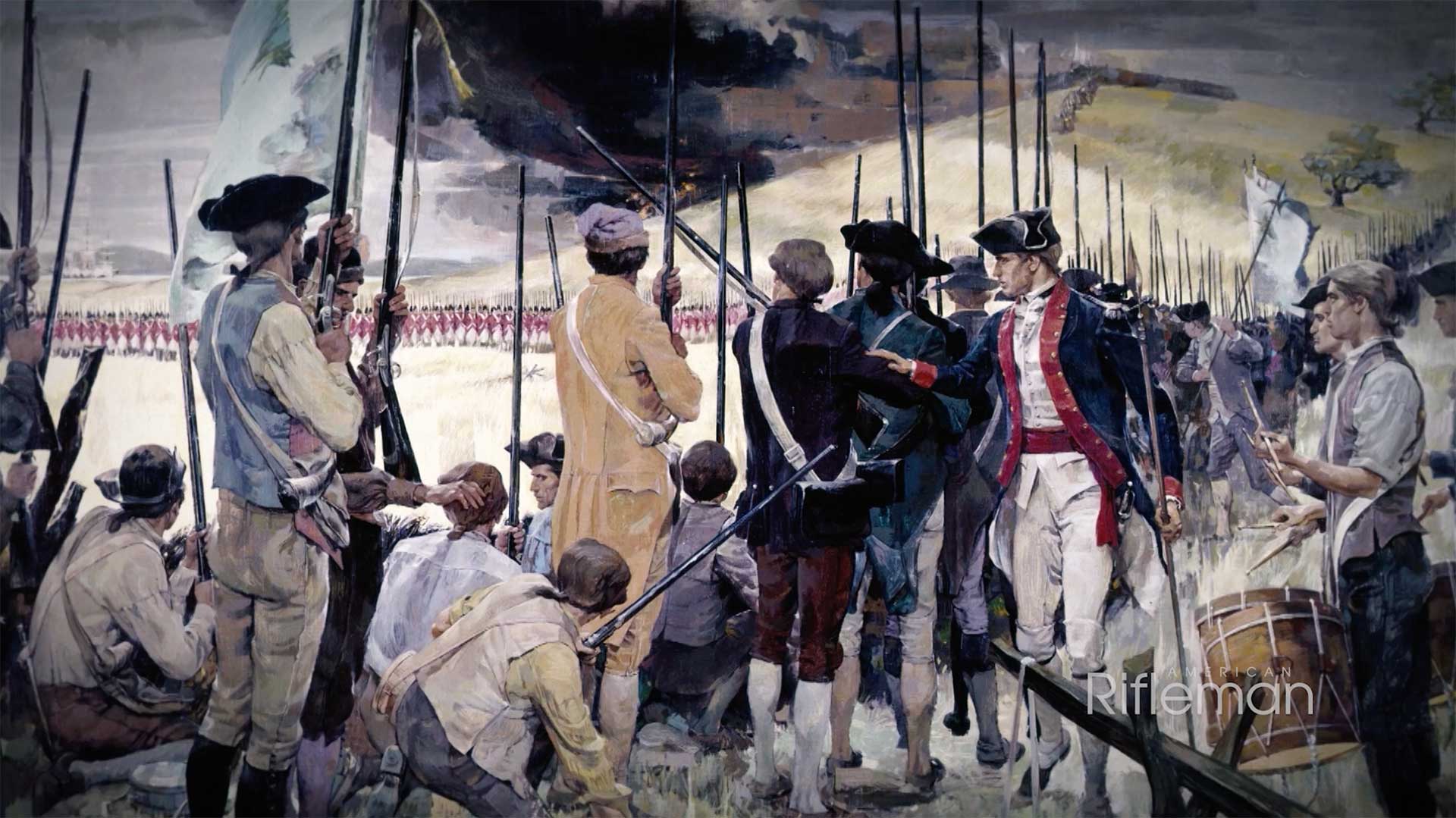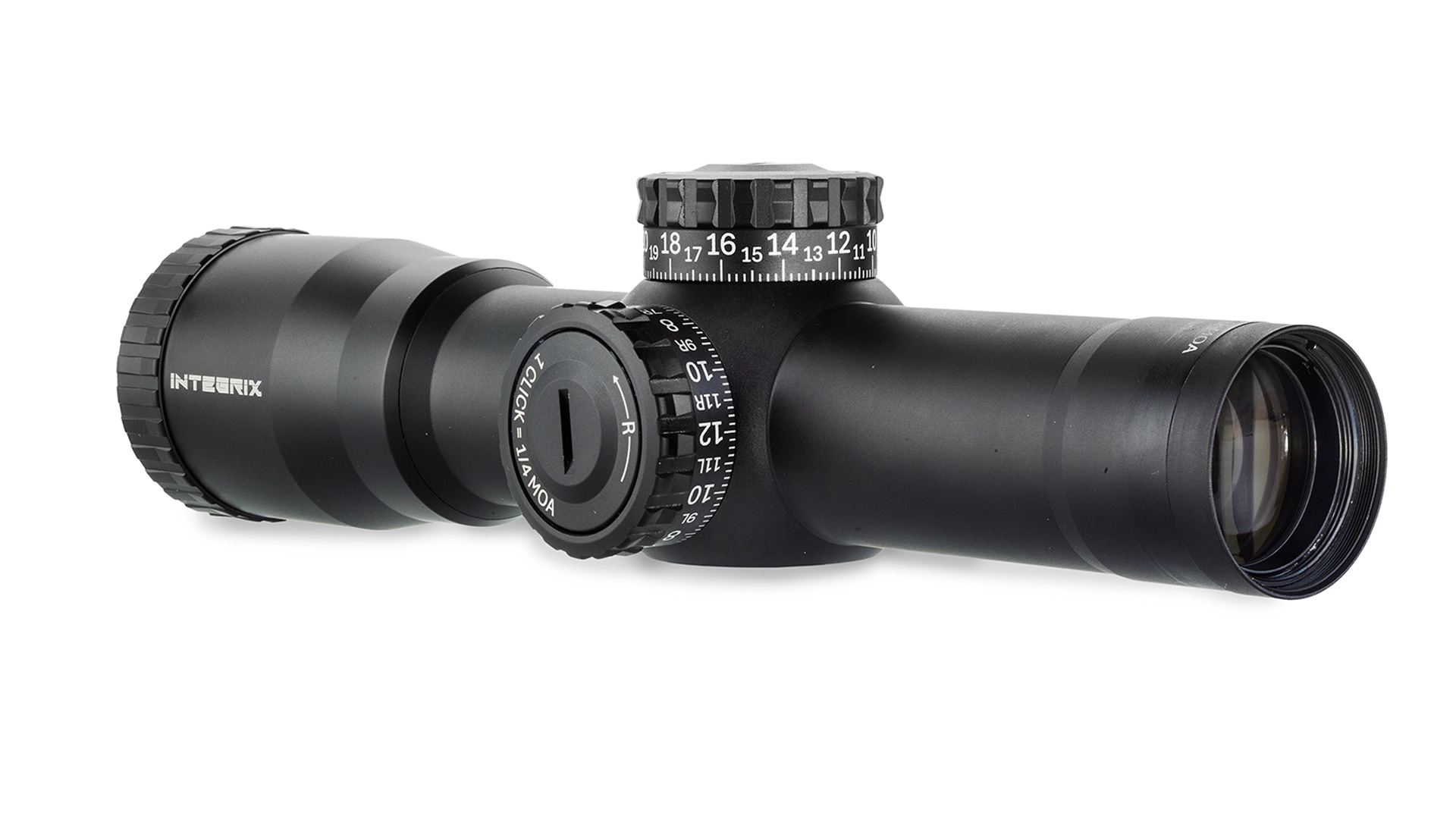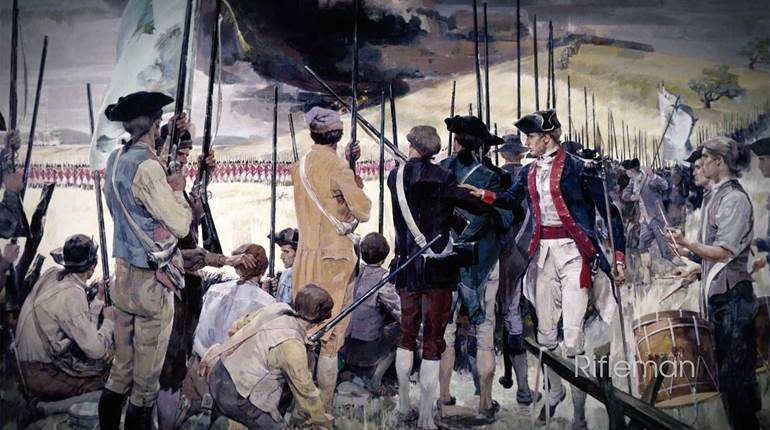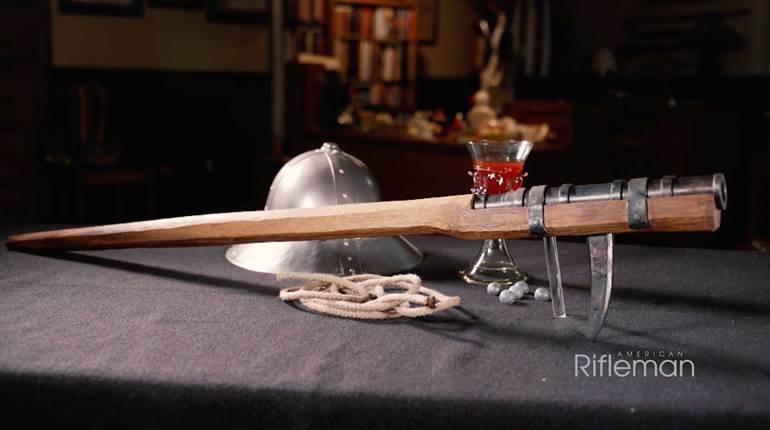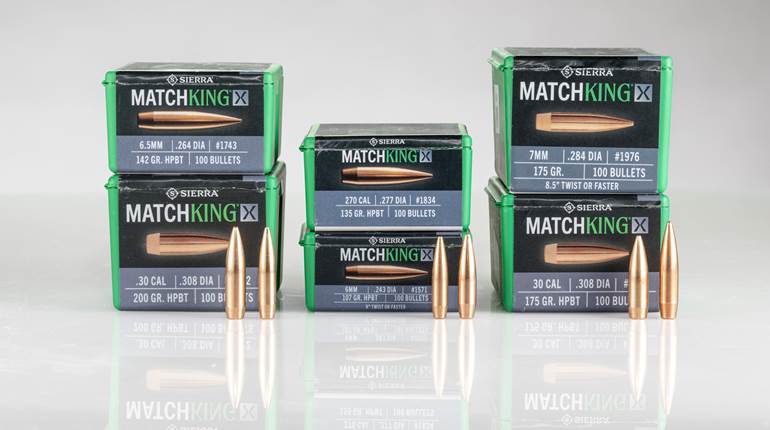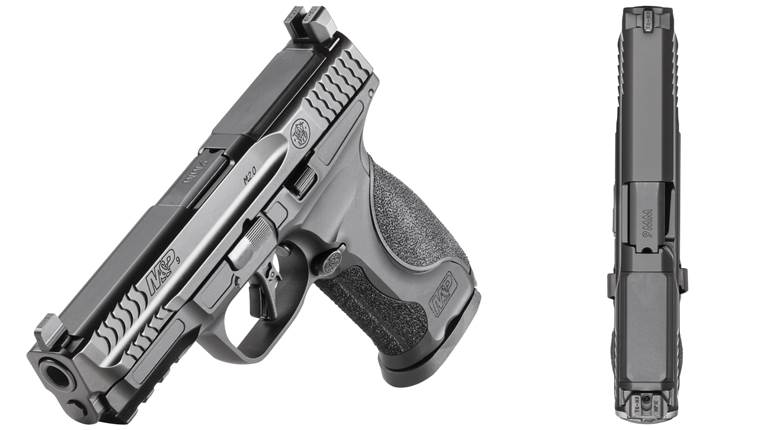
The M1 Carbine owes its existence to the need to arm battlefield support troops with something other than a weighty M1 Garand. Thus, in 1938 Gen. Douglas MacArthur issued a directive to develop a “light rifle” for rear-line personnel.
The task fell to Winchester’s engineers, including William C. Roemer, Fred Humeston and supervisor Edwin Pugsley, based on a concept by Jonathon Edmund Browning, half-brother of John Browning. Although the 1952 movie “Carbine Williams” credits David Marshall Williams with inventing the M1 Carbine, as Bruce Canfield points out in “The Complete Guide To The M1 Garand and M1 Carbine,” Williams’ sole contribution was the carbine’s short-stroke gas piston system.
On Nov. 24, 1941, the Army contracted with Winchester and General Motors’ Inland Manufacturing Division to start production on what was officially known as “United States Carbine, Caliber .30, M1.” It was fortuitous timing; two weeks later, the Japanese bombed Pearl Harbor. Winchester and Inland produced the majority of the guns, assisted by (in order of quantity) Underwood-Elliot-Fisher; Saginaw Steering Gear Division of General Motors (which assembled carbines from parts produced by the Irwin-Petersen Arms Co. of Grand Rapids, Mich.,); National Postal Meter; International Business Machines; Standard Products of Port Clinton, Ohio; and Rock-Ola Manufacturing Co. Extra receivers were produced by the Quality Hardware Machine Co. Early carbines had L-shaped rear sight assemblies, changed around 1944 to adjustable apertures. Bayonet lug sleeves were added later. Various additional parts revisions throughout production, combined with the numerous contractor sources, can make carbine collecting a lifetime affair.
In addition to the standard M1 Carbine (issued with 15-round magazines) there were four variations: M1A1 with folding wire stock; M2 with 30-round magazines and full-automatic capability; the night scope-equipped M3; and the T3 with integral scope base for snipers. In all, more than 6.5 million M1 Carbines were produced between September 1941 and August 1945, making it one of the most prolific arms of World War II.
In 1963, about 240,000 M1 Carbines were decommissioned and sold (without magazines) to NRA members for a mouth-watering $20 apiece ($17.50 plus $2.50 S&H). Made by Saginaw, this carbine is one of those guns, shipped from Red River Arsenal in Texarkana, Texas, to an NRA member on Jan. 24, 1964. In 80 percent condition, it retains the original NRA and Army Depot papers, plus the check stub. Normally valued at $650 to $750, this provenance makes it an $850 to $950 collectable—not a bad return on the NRA member’s investment.
Gun: M1 Carbine
Caliber: .30 Carbine
Serial Number: 3557XXX
Condition: 80 Percent - NRA Good/Very Good (Modern Gun Condition Standards)
Manufactured: Between May 1943 and February 1944 by the Saginaw Steering Gear Division of General Motors
Value: $850-$950 (includes premium for original government and NRA papers)













